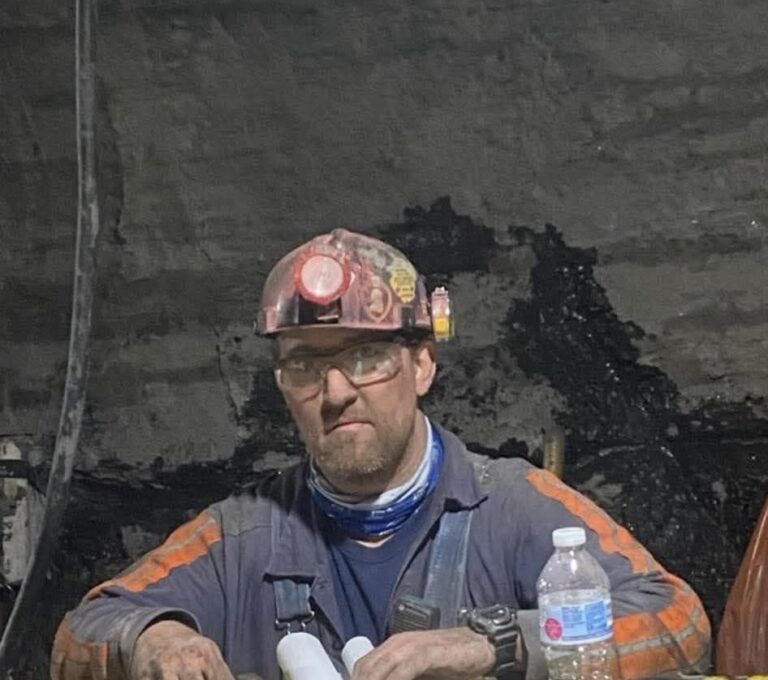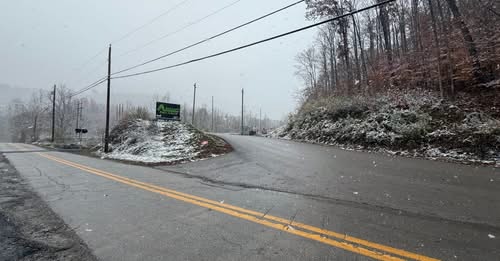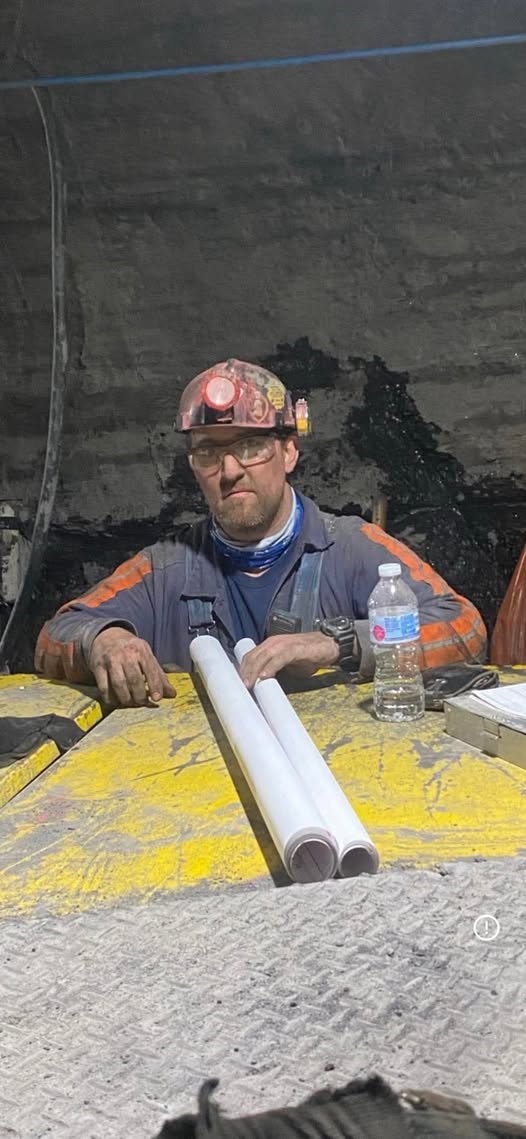The small mining town of Drennen in Nicholas County, West Virginia, is grappling with profound grief today after the body of 42‑year‑old foreman Steve Lipscomb was discovered early Thursday morning at the Alpha Metallurgical Resources Inc. – operated Rolling Thunder Mine, nearly a week after a sudden underground flooding event.
Late Saturday afternoon the incident began when a mining crew, around three‑quarters of a mile into the mine, triggered a rush of water by breaching an old mine wall connected to previously abandoned workings. All other miners in the area evacuated safely, but Lipscomb remained unaccounted for.


Efforts to rescue him were immediate and intense. Pumps were brought in to drain millions of gallons of water from the mine, drilling crews worked to establish alternate access points, and specialized diving and rescue teams were mobilized. At one point, the mine was being drained at approximately 6,000 gallons per minute.
By 6:00 a.m. on Thursday the water level had receded sufficiently for a two‑man search team to safely enter the mine. At 7:37 a.m., they located Lipscomb’s body, bringing a painful conclusion to the search.
Governor Patrick Morrisey and First Lady Denise Morrisey issued a joint statement expressing their devastation. “This morning’s news is absolutely heartbreaking,” the governor said. “Denise and I are devastated… We are keeping his family, friends, and co‑workers in our prayers.” He added that mining in West Virginia “is more than an industry — it’s a brotherhood, a way of life, and a source of pride. When tragedy strikes, we grieve together, we stand together, and we support one another as one West Virginia family.”
Lipscomb had worked for Alpha Metallurgical since 2006, and according to company executives he was a dedicated leader, respected by his peers and someone who always put the safety of his crew first. “His actions to ensure the safety of his crew members were heroic,” said Alpha CEO Andy Eidson. He is survived by his wife and two children.
The tragedy is the third fatality at an Alpha facility in West Virginia this year, underscoring the persistent dangers faced by miners. While the investigation into the exact causes continues, a February consultancy report indicated that the mine area — which lies above the drainage of Twenty Mile Creek — had been “extensively explored” and “no significant hydrologic concerns” were identified at that time.
Lipscomb’s death is a solemn reminder of the risks that come with underground mining: hidden water pockets, aging infrastructure, and the relentless nature of rescue when things go wrong. Above ground, the miners, first responders and community members helped sustain the search effort with 12‑hour shifts, hydration points and round‑the‑clock support—all emblematic of the resilience and solidarity that define these tight‑knit mountain communities.
As West Virginia mourns one of its own, it also pauses to honor the courage of a man who placed his crew’s safety above his own—and the unyielding work of those who refused to give up, even when hope was fading.



